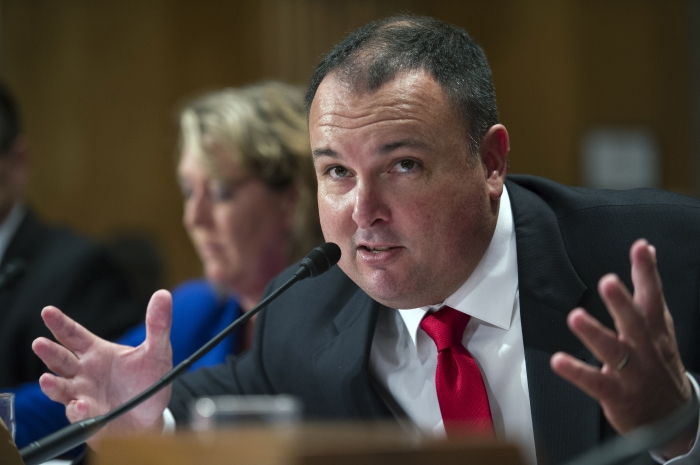In Department of Homeland Security v. MacLean, 574 U.S. ___ (2015), the U.S. Supreme Court upheld a decision by the U.S. Court of Appeals for the Federal Circuit. It had decided that the Transportation Security Agency (TSA) had erred when it fired an air marshal because he had blown the whistle on its decision not to put marshals on flights that were under threat of hijacking.
MacLean fired for whistleblowing TSA decision on air marshals
Air Marshal Robert J. MacLean knew that there were credible threats of an al Qaeda attack on flights that the TSA decided not to staff with marshals because of budget restraints. After trying to get his superiors to reverse course, he leaked the information to MSNBC, which published a story that led the TSA to resume marshal protection. When MacLean later challenged the TSA dress code, which he thought made it too easy to identify TSA agents, investigations revealed that he had leaked the earlier story and he was fired.
The Court’s 7-2 decision, which was authored by Chief Justice John Roberts, dealt largely with statutory interpretation.
Court said law protected MacLean’s disclosure
Specifically, the Court had to decide whether MacLean’s disclosure was protected by whistleblower statutes designed to protect disclosures in the public interest or whether it was unprotected because it was prohibited by a TSA regulation that “prohibited the disclosure of ‘[s]pecific details of aviation security measure . . . [such as] information concerning specific numbers of Federal Air Marshals, deployments or missions, and the methods involve in such operations.’”
Parsing the language of the relevant statutes, Roberts found that they distinguished between laws and regulations, and that the TSA regulation that it had applied against MacLean fell into the latter category. He further found that statues did not prohibit what MacLean had done, but had simply authorized the agency to “prescribe regulations.”
Acknowledging the government’s concern that individuals might “gravely endanger public safety” by leaving the determination of what should be released to individual agents, he observed that this issue was one for the president and Congress to address rather than courts.
In a dissenting opinion, Justice Sonia Sotomayor (joined by Justice Anthony Kennedy), believed that the law did in fact prohibit what MacLean had done but appreciated the fact that the Court had issued a narrow ruling, albeit one that she thought was overly formalistic.
The case highlights the continuing tension between government attempts to restrict information and the public’s right to know vital information, which the press sometimes gets from whistleblowers.
John Vile is a professor of political science and dean of the Honors College at Middle Tennessee State University. He is co-editor of the Encyclopedia of the First Amendment. This article was originally published in 2009.

